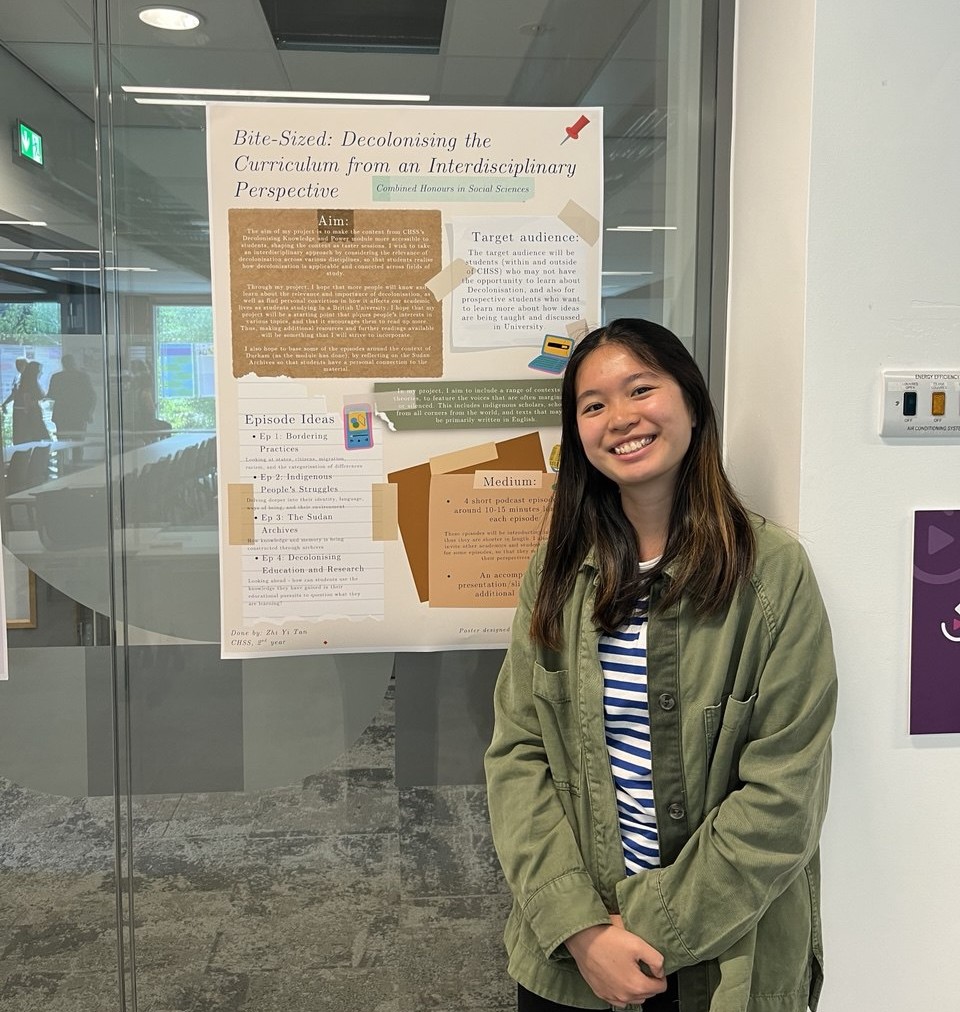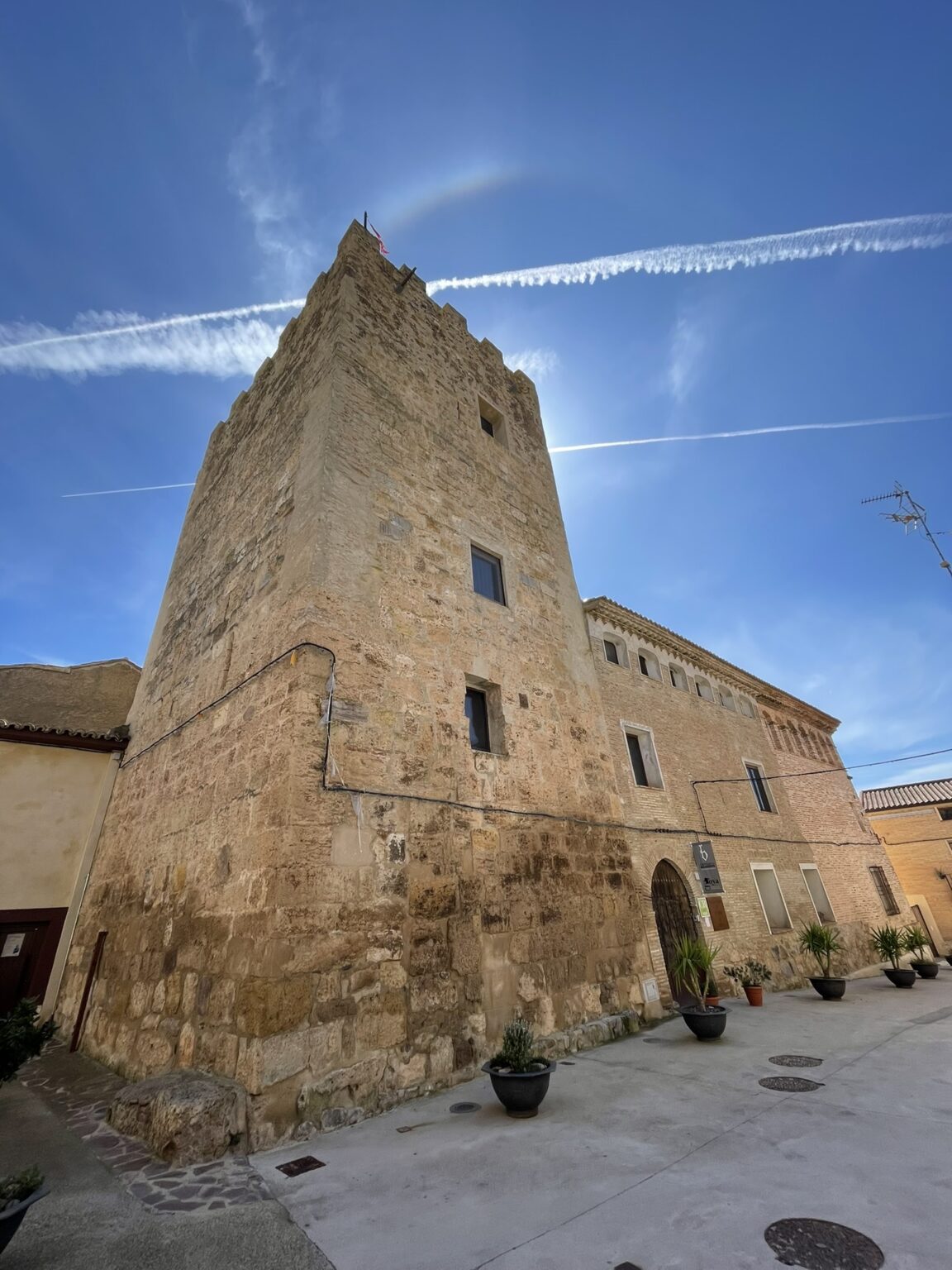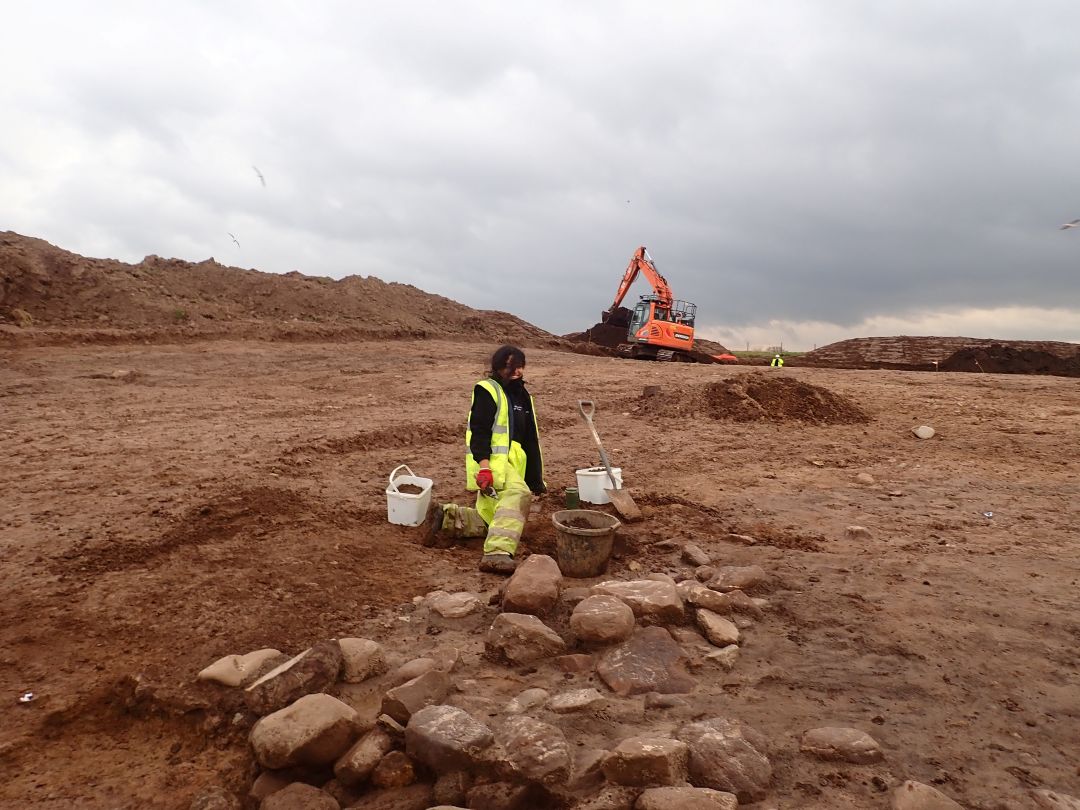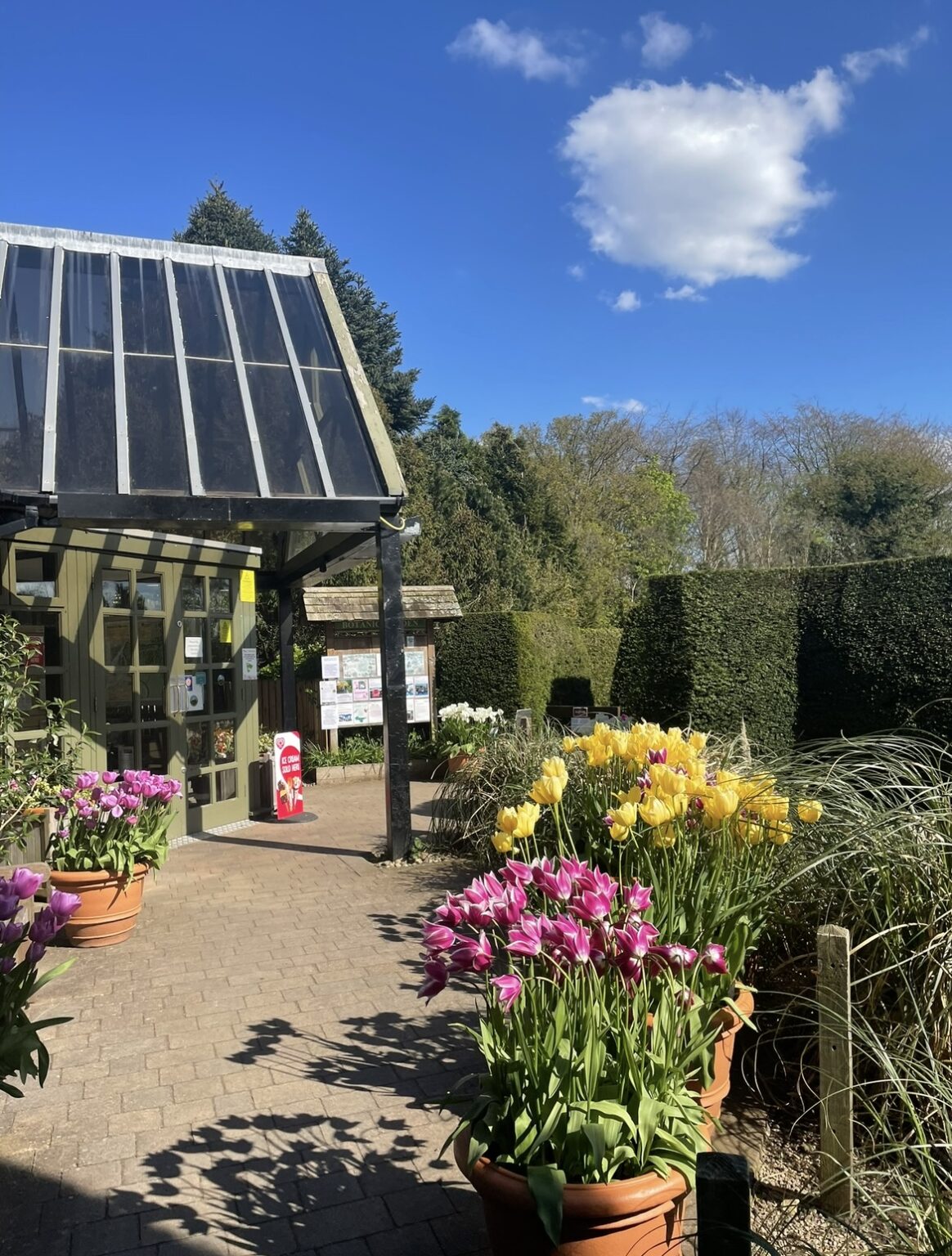I’ve been living outside of college since my first year arriving at Durham. Leaving my family and friends and settling down in a different city and country is not an easy thing. But the experience of living out is also an exciting part of my life studying abroad.
For international students arriving at Durham, I would like to share some stories of my arriving and settling down in my first year and also outline some useful tips which could be helpful to have a safe trip from arriving to settling down in your home away from home.

Arriving at Durham
I remember vividly that I arrived in Durham on a rainy afternoon with a hungry body and confused mind. The humid face mask on my face reminded me of the 15 hours of travelling and the three big suitcases slowed me down on my ‘hilly’ way to the accommodation on the top of Claypath. Thanks to the lovely helpers from the university’s welcome service, I successfully arrived at the accommodation and was welcomed warmly by the receptionist. I felt homesick immediately when I was alone in that empty studio thinking about my last meal at home – the warm, spicy noodles made by my mom.
My new home
I contacted the receptionist about booking the grocery from Tesco and bought some ingredients to make some food for myself, although I was not a good cook with such little experience. I made myself a bowl of noodles with spaghetti and a lot of peppers– not ideal, but satisfying for a hungry me, and fell asleep in my new bed in the new home.
I was lucky to have a safe and supportive trip from my home to my new home in Durham. Here’s a summary of my tips for international students to have a well-prepared landing and check-in to their accommodations.
Living out in Durham
For students who will live in purpose-built student accommodation that is not offered by the University, it would be better to send an email to your accommodation reception or office to confirm the date and time of arrival. If your arrival time is out of office hours, ask if the accommodation provider is able to help you with check-in when you arrive.
For students who will live in private flats/houses rented from estate agents or private landlords, you should contact the agents or landlords in advance to confirm the location of the property and the check-in time. You may need to pick up the key to the property with your ID before check-in. So, it is important to communicate with your agents or landlords to clarify the procedure of check-in and the time of arrival.
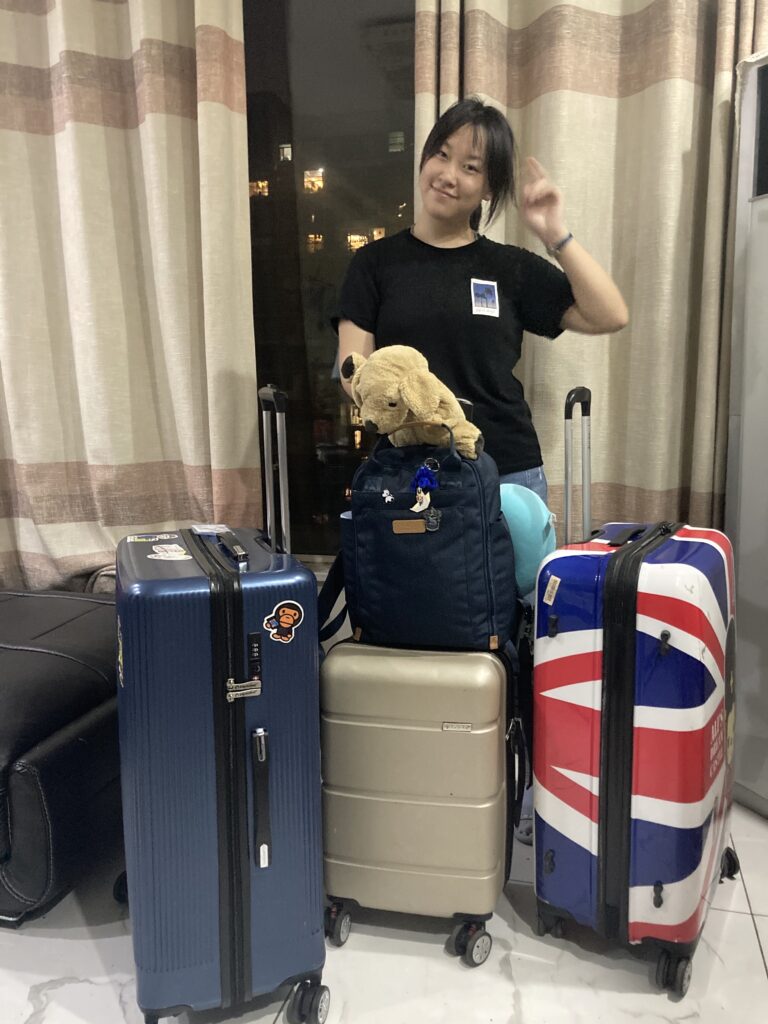
Important info
For all students on arrival, I found it important to keep a record of the following information about your accommodation:
- the precise location with the postcode
- the contact number of the receptionist or agents/landlords
- Emergency call numbers and helplines in the UK, in Durham, and in your college.
You could keep the record on your phone and also on a paper notebook in case of emergency issues. To keep yourself safe, you can also share the information with your trustworthy family or friends in advance to let them know how to find you if any emergencies happen. The appendix of the emergency call numbers and helplines is attached at the end of this blog – this information helped me to find my accommodation and move in safely.
For all international students, no matter how you arrive in Durham for the first time, it will take some time to build connections with people in the new environment. But please remember that you are not alone and you never have to be alone in any situation. Your family back in your home country, your friends, your college, the counselling service at the university and GP, and your accommodation receptionist or your neighbour living near you are all helpful and supportive.
Settling in
As an international student living out in my first year at Durham, I want to share some resources which you might also find helpful.
In the first week of living in the studio, the feeling of disconnection from family and friends made me struggle a lot. I was in self-isolation at that time and didn’t have the chance to meet new people and explore this new place. After the quarantine, I started to build connections with my neighbours, college friends and tutor, and friends in societies slowly and gradually. The process of settling down in my little studio really taught me how to reach out for help whenever in need. Connection and communication are important for international students living out of college to stay safe, especially when the family is far away from here.
Here, I’d like to share three resources that could help the engagement and involvement of international students when they are living outside of college.
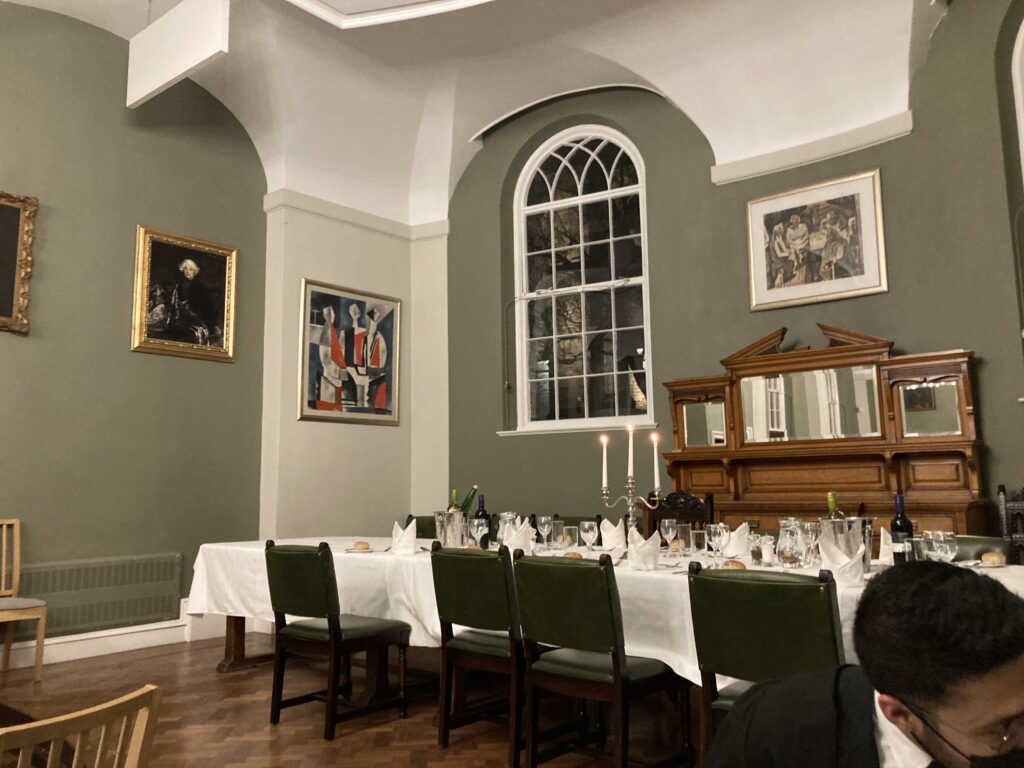
College
It’s helpful to bear in mind that you are a member of your college when you live out and are always welcome to seek help from your college. It is not easy to connect with people when you first arrive in Durham and live in a private studio or housing without existing friends. It could be helpful to reach out to college staff or students or just visit your college from time to time to meet more people. It would be helpful to keep an eye on the ‘liver out’ and international student events in your college. The ‘livers out rep’ in college can be really supportive for queries.
You can see more information on the university website
Groups and societies
There are all kinds of societies available for you to choose from. Societies can provide good opportunities to develop your hobbies and your friendships. International students can meet up in groups like International Students’ Association to have fun together and make more friends. More information on societies can be found here.

Counselling service
It’s important for international students to know that they are not alone. Living outside of college and miles away from home could be difficult sometimes. Luckily, there is support from tutors and counselling services and it is always worth trying to talk to someone and looking for suggestions. More information can be found here.
Stay connected
Durham University provides an inclusive environment and loads of opportunities to connect with students and staff through colleges, societies and groups, support services, etc. But the connection and communication with family and friends from my home country has also been important. It always helps me to facetime with my family and friends even just for a couple of minutes.
More independent
The experience of living out is an exciting adventure to explore possibilities in every corner of everyday life. I couldn’t imagine myself cooking delightful food that tastes just like my mom’s before I moved here and started to take control of my own life. I have become more confident about myself and feel more independent. This change didn’t happen immediately when I became a ‘liver-out’, nor did I rely on myself alone. The community of my neighbours and friends are a big part of my life and my sense of belongingness in Durham. Now, living out in Durham has become an enjoyable thing in this beautiful city and supportive community. It will be challenging, but always full of surprises on the journey of living out in the new environment.
Other student experiences
I hope this blog helps you consider living out in a new light but if you want to look into it more, here are some other useful student blogs:
A good start for deciding Where to live in Durham.
This blog provides handy suggestions to live out as a good neighbour in our community.
And some insightful recommendations for good places to go in Durham.
Useful contacts
Emergency call numbers and helplines for international students living out in Durham
999 – The main emergency number
This is the emergency number for police, ambulance, fire brigade, coastguard, cliff rescue, mountain rescue, cave rescue, etc. This number should be used only when urgent attendance by the emergency services is required – for example, someone is seriously ill or injured, or a crime is in progress.
112 – the emergency number that will work on a mobile phone anywhere in the world
For international students on their way to the UK, this emergency number operates exactly the same as 999 and directs you to exactly the same emergency call centre. Calls are free and 112 can also be dialled from a locked mobile phone.
101 – The non-emergency number for the police
Use 101 when you want to contact the police, but it’s not an emergency. For example, your car has been stolen, your property has been damaged, or your home has been broken into. 101 can also be used to give information about a crime committed, or to contact the police with a general enquiry. There is also a Live Chat service.
111 – The non-emergency medical number
This is available nationwide and replaces the former NHS Direct service. Use this for illnesses and minor injuries where life isn’t threatened, but you would like some advice on what to do next. Calls are free. This is a handy number if you can’t get through to your GP or you need out-of-hours advice. If you are not sure what service you need for your symptoms you can also use the 111 online service
Useful contacts at Durham
Durham University’s Security Hub on +44 (0)191 334 2222
Durham University Website: https://www.durham.ac.uk/about-us/how-to-contact-us/emergency-contacts/
Accommodation enquiries – [email protected]
If you would like to use the welcome service, please keep an eye on the International webpages
Check your campus card – in the event of an emergency or other serious situation, you can find a list of useful contact information on the reverse of your campus card.





